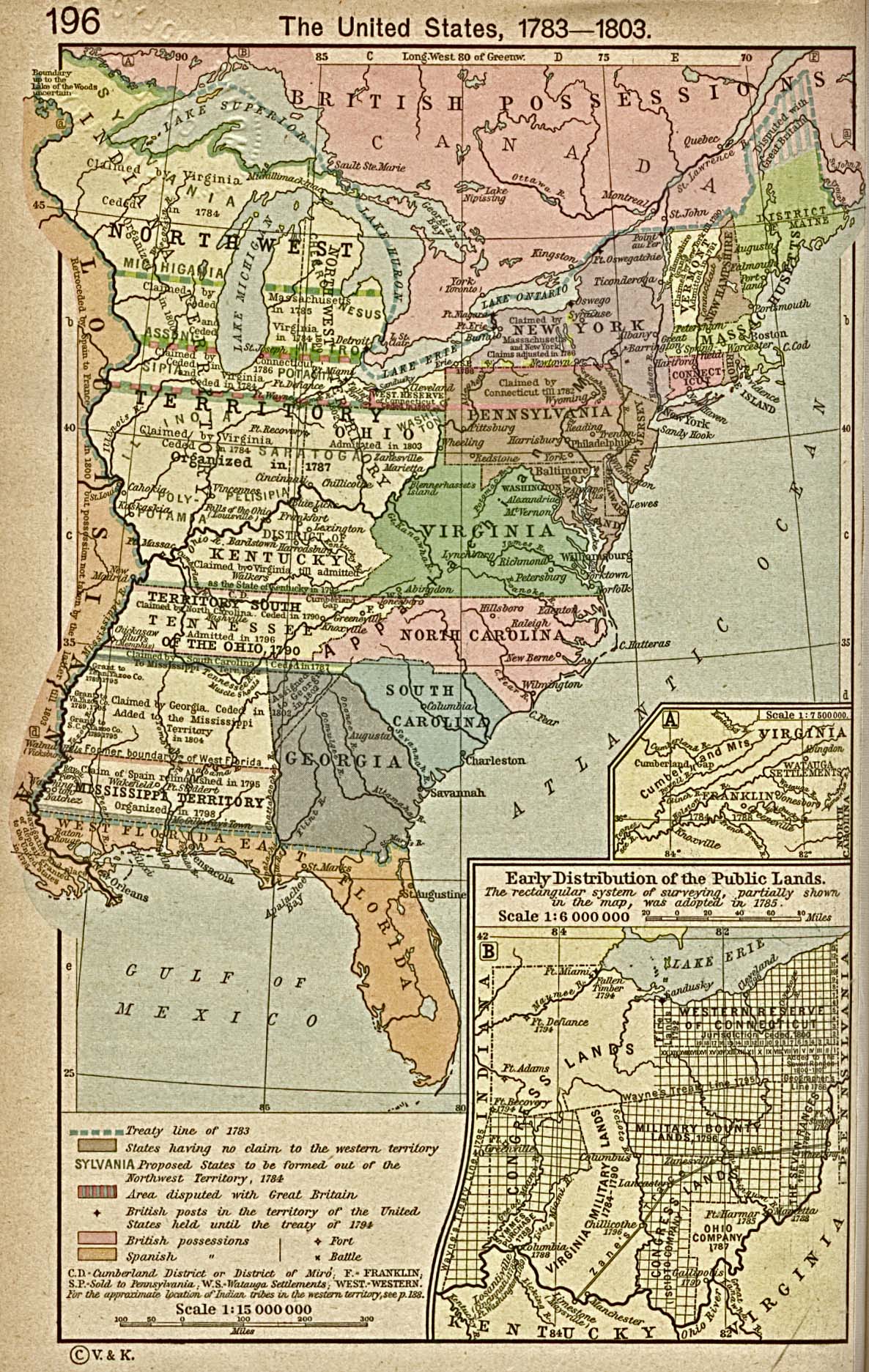Langwell ENGL 227 Project
dlang1452

|
The American Colonies served as the foundation for the American Identity. Eventhough the colonies were not an independent nation, many colonists believed that they should be independent. Colonists wanted freedom so much that they eventually fought for it. In my project I will discuss the development of the American Identity that developed in the Colonies and were established in the Constitution. |
|
Thomas Paine began writing the Common Sense pamphlets on 10 January 1776. Paine presented complex, political ideas in a way that made it legible to the common man. We can see this by looking at Paine's layout of his title page. Paine included a simple, numbered table of contents that any person could understand. This style of writing broke away from the rigid, "educated" style like that of his British contemporaries and set a new precedent for American writers. Paine started the trend of the American style that helped develop the American identity. |
|
Here the free spirit of mankind at length
Throws its last fetters off; and who shall place A limit to the giant's unchained strength Or curb his swiftness in the forward race -Bryant This poem is recorded in the book The Rebels, or, Boston before the Revolution. To me, this poem represents the spirit of self-determination and innate right of freedom that was bred in the American Colonies. This book goes on to discuss the different ideas that were popular amongst Bostonians before entering the revolution. This is the beginning of the American identity. Ideas of liberty, freedom, self-determination, rebellion, all of theses ideas flourished in throughout the colonies and set the tone for American thought and attitude. |
|
At the age of 15, Benjamin Franklin wrote 14 letters to his brother's newspaper under the name of a widow named Silence Dogood. The letters made fun of certain aspects of colonial America that Franklin saw as ridiculous or immoral. These letters represent the moral aspect of the American Identity. From the very beginning of colonization, Americans have had a sense of being the moral "City on the Hill" in a land that is smothered in darkness. Even today we still fight for morality. |

Washington Crossing the Delaware
|
This painting of Washing Crossing the Delaware is one of the most famous paintings from the American Revolution era. The painting captures American tenacity, bravery, and stubborness. In the dead of winter, Washington stubbornly pushed threw the iced over Delaware to gain the advantage over British forces. Though the painting does not depict the scene with 100% accuracy, the Delaware does not have icebergs and Washington did not bring horses or cannons on the boats, we can not take away the tenacity and bravery that these men showed. This painting helps reveal the American identity. |

Signing of the Declaration of Independence
|
This is a painting of the Declaration of Indepence. The Declaration of Independence is yet another document that outlines the traits that Americans hold dear. It represents freedom from tyranny. The want for self-determination. Americans believed they knew best for themselves and this was their way of declaring it to the world. |

US Constitution
|
The US Constitution is the blue print of the American Identity. It contains the ideas of liberty, freedom, equality, as well as many of the other traits that we hold dear as Americans. Within the Constitution we can also see the amemdments that come forth as we grow and learn as a nation. Equality is probably the one trait that we keep on going back to, but we strive to achieve it more and more; see the 13th-19th amendments. The US Constitution is the reflection of the man that wrote it, the people that signed it, and the nation that ratified it.
|



![[Untitled Review]](/assets/nines/sm_site_image-185f6d1e205636b2c31820e7f5579e08.gif)


